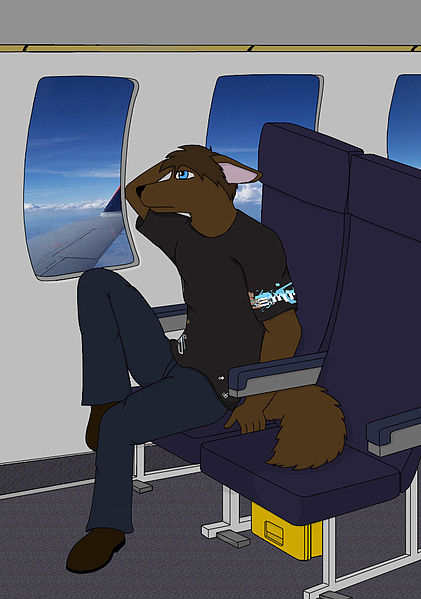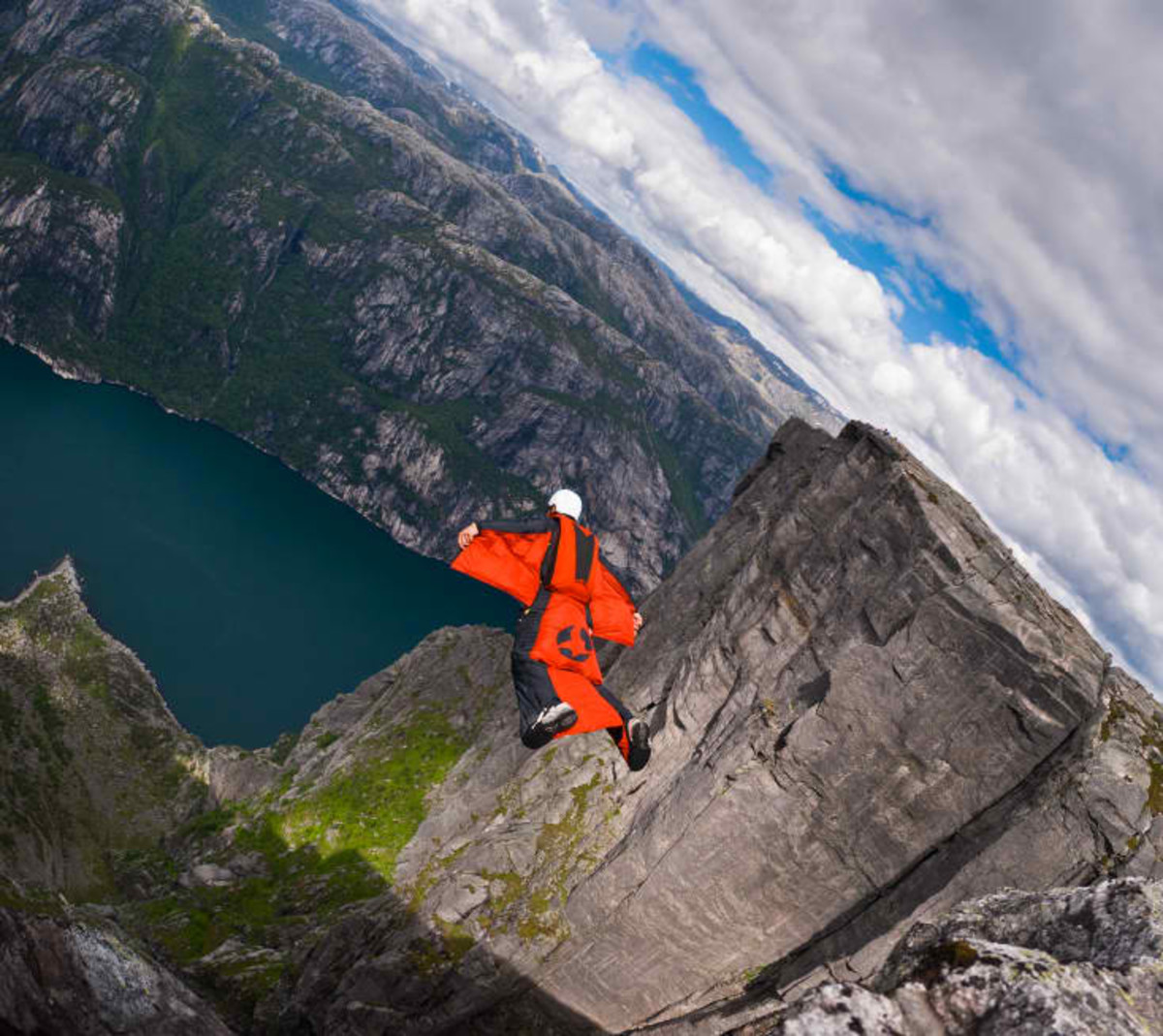Fear of Flying: Strategies
Why are Some People Afraid of Flying?
As a child, I had a recurring dream that I could fly. Not a full-blown soaring-through-the-sky-like-an-eagle sort of flying but rather a more realistic version of flight, where through the power of my mind, I would raise myself a few feet off the ground and hover over the front yard while others watched on in amazement. So utterly real and convincing were these dreams, that when I awoke, I invariably felt a sense of disappointment..oh I can't fly after all.
Dreams of flying are not uncommon and there have been various interpretations of what this might signify, depending on whether you're a Jungian or a Freudian or a kitchen table psychoanalyst. While traditionally flying has been a metaphor for freedom and exhilaration, it can also denote anxiety and a fear of being cast off, swept away or abandoned to the forces of nature. Whichever way you slice it, the concept of flying seems somehow deeply entwined in the human psyche and depending on our individual bent, can excite us or rattle our cage of fears.

You're not alone
Some researchers claim as many as one in four people suffer some degree of irrational fear when it comes to air travel.
POLL
How bad is your fear of flying?
The Flying Phobia
Most people do not actually fear flying in itself of course, since that's not what humans actually do but rather flying in an aircraft. There are some people, perfectly rational in all other respects, to whom the thought of getting on an aeroplane is akin to being thrown into a den of salivating lions - they simply refuse to fly. There are others who are equally fearful yet for whatever reason must use aeroplanes to get around, so they fly but are a nervous wreck before and during the flight. Then there those who can fly without suffering a breakdown but are nervous and uncomfortable with the idea. Whichever category you fall into, there are things you can do to alleviate the stress and hopefully make flying a little easier but before we do that let's try to get to the bottom of why some people have such fears.
Lack of Control
For many people, the fear of flying has less to do with heights and more to do with a lack of control. In an aeroplane, you are completely at the mercy of the flight team and there is no escape if you don't like the service or lack confidence in the pilot. Unlike car travel, you can't ask the person in control to pull over to the side of the road and let you out. You are trapped.
Claustrophobia
The sheer physical dimensions of an aeroplane can be disturbing; it's a confined space and you're cramped up with alot of strangers with not much room to manoeuvre, especially if you're not lucky enough to be flying business class.
Fear of Highjacking, Crashing, Having a Heart Attack Onboard
What if something goes wrong? Things do of course, sometimes go wrong - planes do get hijacked, they do crash, some people do get sick on them and there are no ambulances to be found in the air. However, there is risk in any form of travel and dramatic ievents on planes are rare, not common. Statistically, travelling by plane is far safer than travelling by car but phobias do not usually have a rational basis so this may mean little to someone with a deep-rooted fear of flying.
It's possible for fear of flying (which incidentally is called is calledpteromerhanophobia) sufferers to have one or all of the above anxieties, yet for many people air travel is an imperative and can't be avoided. Such fears can produce physical symptoms such as sweaty, trembling hands, dry mouth, rapid heartbeat and sometimes a full-blown panic attack. What can be done?

Can Hypnotherapy Help?
Check out the results of a hypnotherapy effectiveness test using four case studies, including a smoker, an insomniac, a golfer and someone with a fear of flying:
Five Tips to Beat a Fear of Flying
Breathing techniques: It may sound simple but deep breathing exercises can really help reduce anxiety and take the focus away from your fears. Take deep, lung-filling breaths, through your nose and out through your mouth and as an added distraction count while you're doing it - at least to ten. The breathing exercises can be done before you board the plane and any time you feel that anxiety rising during the trip.
Visualization: Before the flight, picture yourself on an aeroplane. Do-not imagine every conceivable disaster that could possibly occur but rather visualize yourself sitting comfortably on the seat, head on the headrest, gazing pleasantly at the passing clouds (why not give yourself a window seat). After a while, you can allow yourself a touch of turbulence, an annoyingly chatty passenger in the next seat, your ears popping, being faced with a less than desirable airline meal, an awkward seatbelt that you have trouble opening and closing.
Do this for a while, imaging the sights, smells and noises that you might be confronted with and then visualize the end of the flight, the landing, a little bumpy but okay. Finally you're disembarking - safe and sound on firm ground. Picture this and you will be seeing a realistic picture of what 99% of flights are really like - no catastrophes, no highjackings. Tell yourself, this is plane travel.
Learn About Flying: Ignorance is often the bed-fellow of fear, so the more you acquaint yourself with the ins and outs of air travel, hopefully, the more secure you will feel. Learn about how aeroplanes work - the rigorous safety standards of the air travel industry, the in-built safety precautions and the statistical evidence of aeroplanes compared to other forms of travel.
Join a Workshop:: There are courses and anxiety workshops for people with a fear of flying. Get together with others who share you fears and talk it through, learning strategies to help you cope with air travel.
http://www.fearlessflyers.com.au/
Medication: As a last resort you could anti-anxiety medication to soothe your jangled nerves but be aware, at best you'll only be masking the problem and not dealing with the root causes of your fear. Some studies have suggested that medication prevents sufferers from becoming accustomed to air travel and thus prevent the benefits of desensitisation.









